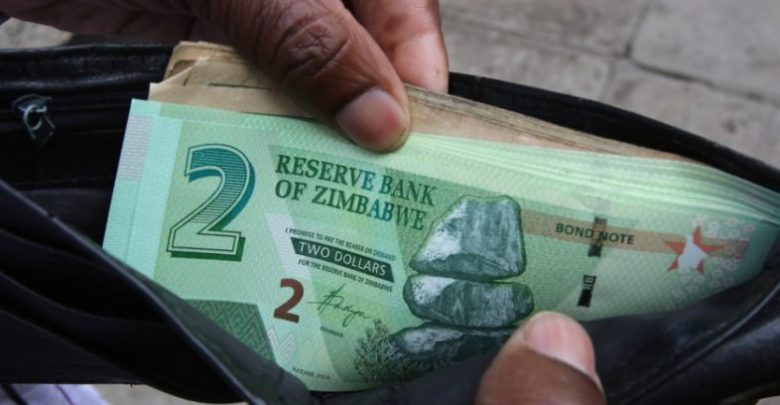
The government and civil servants are yet to agree on the latter’ demands for the US$475 equivalent salary in local currency for the lowest-paid worker, with indications the former is unlikely to commit to that.
Two weeks ago the President Emmerson Mnangagwa-led administration found itself in a serious predicament following demands by the country’s civil servants to be paid salaries indexed to US Dollar interbank exchange rate, a development that threw negotiations between the two parties into a deadlock.
The lowest-paid government worker is getting a gross income of ZW$1, 023, an equivalent of US$44.47, according to the obtaining exchange rate, something that has left unions with no choice but to demand more from their employer.
Initially, the government had offered a 97 percent increase that would see the lowest-paid worker earn a paltry income of ZW$2033, which was immediately rejected by the Apex Council – umbrella body representing all the civil servants in Zimbabwe.
Civil servants were not moved either by the ZW$750 January cushioning allowance.
The government later revised the offer to something between ZW$2, 200 to ZW$3, 500 for the lowest-paid employee, which was also rejected.
At their latest meeting in Victoria Falls Monday, government and civil servants representatives could not make headways either.
Apex Council secretary-general David Dzatsunga told CITE Tuesday negotiations were not yet over.
“We have not concluded our negotiations; we are still trying to find each other,” he said.
“While we have stuck to our position of salaries being indexed to the US Dollar, we realise that could be a journey rather than a destination.”
Dzatsunga said some government employees, because of their dire situation, were advising them to take what is on offer while negotiations continue.
“They have realised that what we want may not be easily achievable. Last time when we rejected the government offer some were saying we should have taken it and gone back for more,” added Dzatsunga.






